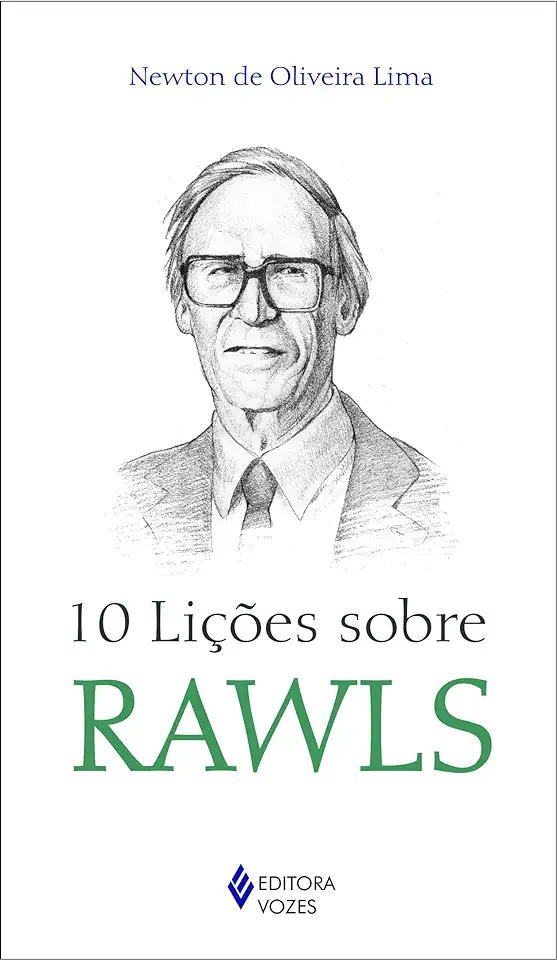
10 Lessons on Rawls - by Oliveira Lima, Newton
10 Lessons on Rawls: A Comprehensive Guide to the Political Philosophy of John Rawls
Introduction
John Rawls is one of the most influential political philosophers of the 20th century. His work has had a profound impact on the way we think about justice, equality, and the role of government. In this book, Newton Oliveira Lima provides a comprehensive and accessible guide to Rawls's political philosophy.
Lesson 1: The Original Position
Rawls's theory of justice is based on the idea of the original position. The original position is a hypothetical situation in which people are asked to choose the principles of justice that will govern their society. Rawls argues that the principles that people would choose in the original position would be fair and just because they would be chosen behind a veil of ignorance.
Lesson 2: The Veil of Ignorance
The veil of ignorance is a key feature of the original position. It ensures that people are not influenced by their own personal circumstances when they are choosing the principles of justice. This means that the principles that people choose will be based on what is fair and just for everyone, not just for themselves.
Lesson 3: The Two Principles of Justice
Rawls argues that the two principles of justice that people would choose in the original position are:
- The principle of equal liberty: This principle states that all people have the same basic liberties.
- The difference principle: This principle states that social and economic inequalities are only justified if they benefit the least advantaged members of society.
Lesson 4: The Priority of Liberty
Rawls argues that the principle of equal liberty is the most important principle of justice. He believes that liberty is essential for human well-being and that it should be given priority over other goods, such as equality.
Lesson 5: The Difference Principle
The difference principle is a more controversial principle than the principle of equal liberty. Some people argue that it is too egalitarian and that it stifles economic growth. However, Rawls argues that the difference principle is necessary to ensure that the benefits of economic growth are shared by everyone in society.
Lesson 6: Justice as Fairness
Rawls's theory of justice is often referred to as "justice as fairness." This is because Rawls believes that the principles of justice that he proposes are fair and just because they would be chosen by people in the original position.
Lesson 7: The Role of Government
Rawls believes that the government has an important role to play in promoting justice. He argues that the government should ensure that the principles of justice are upheld and that it should provide a safety net for the most vulnerable members of society.
Lesson 8: The Limits of Government
Rawls also believes that there are limits to the role of government. He argues that the government should not interfere in people's personal lives and that it should not try to create a perfect society.
Lesson 9: The Value of Pluralism
Rawls believes that pluralism is essential for a just society. He argues that a pluralistic society is one in which there is a diversity of opinions and values. Rawls believes that pluralism is important because it allows for the free exchange of ideas and it helps to prevent the government from becoming too powerful.
Lesson 10: The Hope for Justice
Rawls ends his book with a message of hope. He believes that it is possible to create a more just and equitable world. He argues that we can achieve this goal by working together and by fighting for the principles of justice.
Conclusion
10 Lessons on Rawls is a comprehensive and accessible guide to the political philosophy of John Rawls. This book is essential reading for anyone who is interested in justice, equality, and the role of government.
Enjoyed the summary? Discover all the details and take your reading to the next level — [click here to view the book on Amazon!]